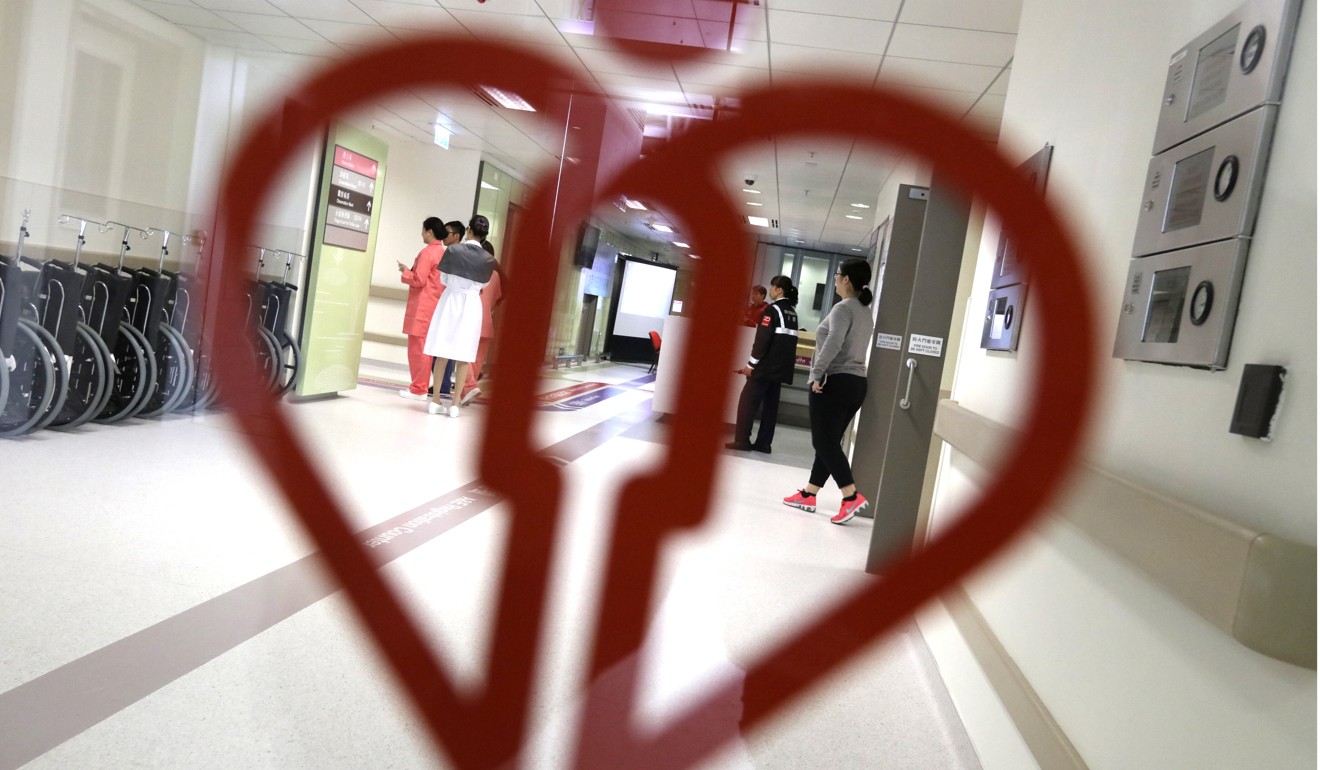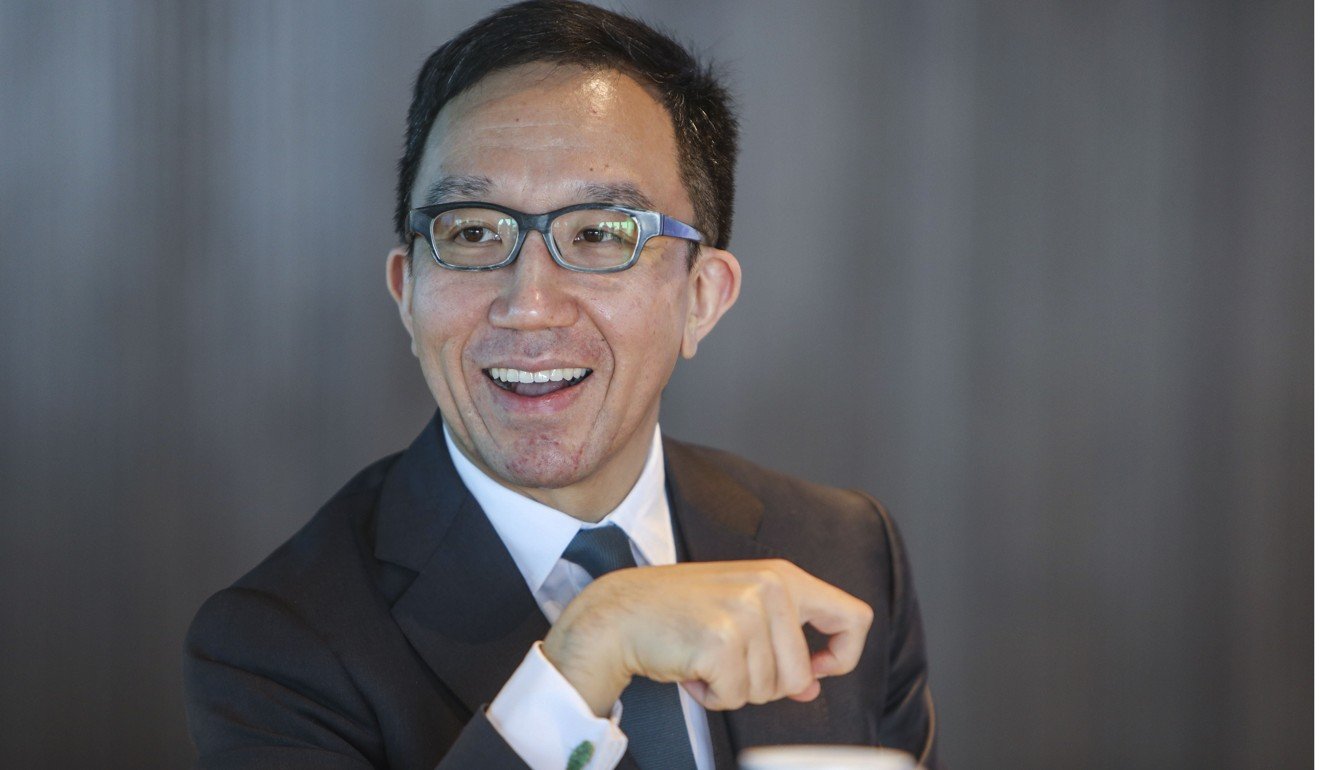
Red tape at Hong Kong Hospital Authority: senior health care official and another board member call for cuts
- Doctors and managers warn of bloated structure and say bureaucracy has gone too far

A senior Hong Kong health care official and another board member at the authority that manages the city’s public hospitals have added their voices to calls for the organisation to slash red tape.
Hospital Authority board member Charlie Yip Wing-tong on Tuesday threw his support behind Professor Gabriel Leung, dean of the University of Hong Kong’s faculty of medicine and a former undersecretary for food and health, who a day earlier warned that bureaucracy was going too far.
Leung, another Hospital Authority board member, questioned whether repeated meetings on the same issues were benefiting patients. This culture had resulted in a bloated structure and warranted reflection by management, he said.
His concerns were on Tuesday echoed by Yip, who added: “If Gabriel Leung, who is familiar with the system and also head of a medical school, also thinks meetings are excessive, the Hospital Authority should really think about it.”

Frontline clinical doctors should be involved less in meetings, Yip said.
A top public hospital manager who spoke on condition of anonymity said meetings on three topics had occupied a great deal of time for health care staff. One was preparing an annual plan setting out targets for a group of hospitals.
The manager, who has more than 10 years’ experience at a senior level, said hospitals often failed to secure the necessary resources for proposed projects, meaning much preparation work and time spent in meetings went to waste.
Quality control, safety issues and internal audits also ate up a lot of time, he added.

“There is room to reduce the number of meetings on these,” the manager said.
He described the process for buying new equipment or launching a project as akin to collecting stamps.
“Each stamp is like a meeting ... Eight to 10 are unavoidable,” he said.
Meetings often involved staff from a multitude of areas, including a specific department, several hospitals, or a medical discipline across all public hospitals.
Lawmaker Dr Pierre Chan, who represents the medical sector in the city’s legislature and also works in a public hospital, said it had taken two years for one doctor to install an icon on a computer system. At least three meetings were involved, he added.
Chan also criticised the implementation of a hospital accreditation programme, which he said had burdened staff with paperwork.
Nurses needed to fill in 10 forms for newly admitted hospital patients, he said. They included a patient assessment and fall risk assessment. The requirements were excessive, and a single form would suffice, Chan believed.